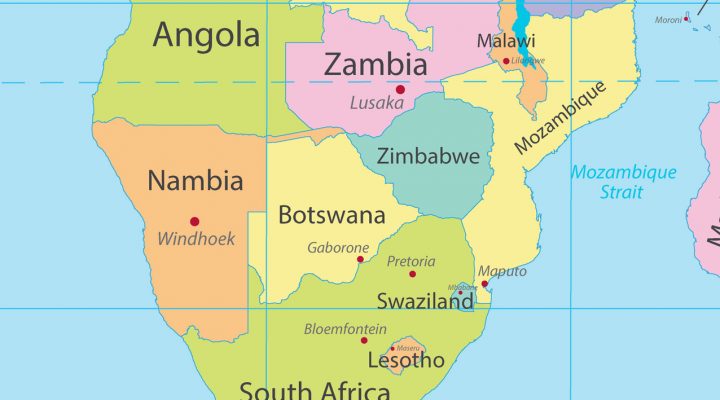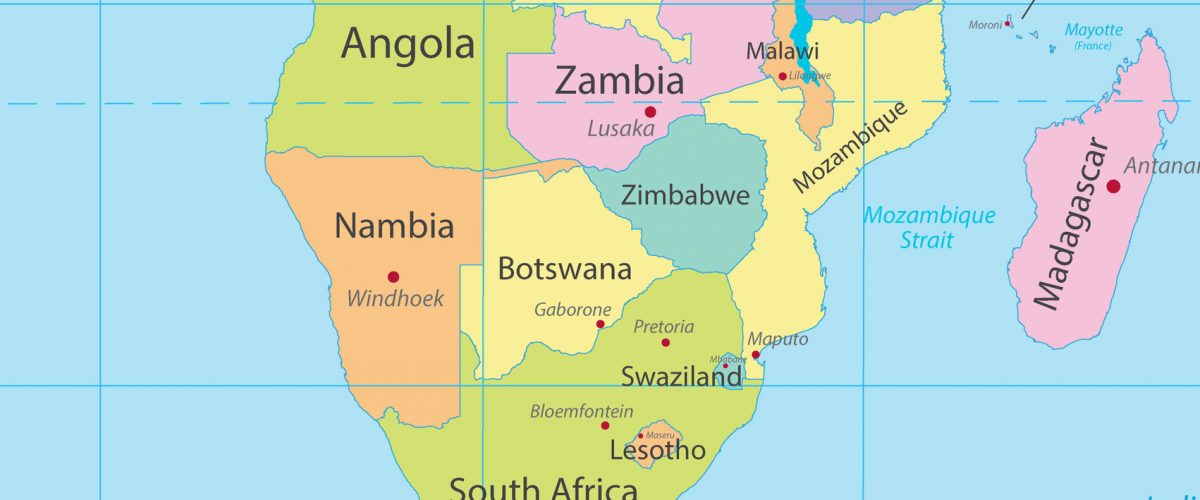Zimbabwe used to be among Africa’s top five most educated nations in terms of literacy and basic education enrollment. Legacy Christian denominations that accompanied colonial subjection in the early 1900s provided the bulk of quality public education for 100 years.
Today, a dearth of investment in public education has seen elite private schools flourish and grab profits, and now churches are joining the money-trail too.
“The fine crop of Zimbabwe’s clerics, artisans, athletes, civil servants, lawmakers, state ministers were schooled in free, or low-cost but highly resourced high schools run by denominations like Baptists,” according to Donald Sithole, a retired Baptist pastor in Zimbabwe.
“The biggest pride of Baptist, Lutheran, Catholic or Anglican denominations in Zimbabwe is not simply imparting faith but educating millions almost freely,” he said, praising the schools, theological colleges, seminaries, vocational training centers and nursing schools the Baptists, Catholics, Anglicans and others ran across Zimbabwe in the last century.
“The biggest pride of Baptist, Lutheran, Catholic or Anglican denominations in Zimbabwe is not simply imparting faith but educating millions almost freely.”
However, in the last 20 years, Zimbabwe has endured an economic crisis that caused record hyperinflation, ravaged industries and set unemployment high. Amid the country’s financial struggles, “the country’s free or low-cost public schools have not been spared,” said Willard Mafanisana, an independent economist in the capital Harare. “Many science, mathematics and English teachers have emigrated to neighboring South Africa; school infrastructure (labs, sports grounds) has fallen off the cliff; teachers’ salaries remain below expectations, and crucially, faith in public schools damaged.”
“In short,” he concluded, “the shine of free/low-cost public schools whether run by churches or the state has worn off dramatically.”
As the decline of trust in low-cost public schools grows, hundreds of private schools have emerged in the last decade across Zimbabwe to satisfy the demand for high-quality education in a country once famous throughout Africa for its superb public education outcomes.
“It’s a gold rush,” said Trynos Jeki, a retired Lutheran minister and education activist, speaking of the new private-owned elementary and high schools springing up across Zimbabwe almost monthly.
“Where good public schools used to admit students for free, the new private schools can charge up to $1,000 per scholar per semester, some $12,000 a year,” Jeki explained. “There is much demand for scarce land by entrepreneurs who have seen the big money in private schools. Owning a private school is now the easiest way to become a millionaire in Zimbabwe.”
Sensing where the money is flowing, the Baptists, Methodists, Anglicans and a variety of Christian denominations across Zimbabwe have begun to position themselves well in the lucrative private-schools gold rush. Because churches in Zimbabwe usually have big facilities and empty spaces of land on their premises, they are turning unused land into private for-profit preschools, elementary schools and high schools and charging pricey sums to admit both non-Christians and children from their congregations.
“I know six churches in the capital alone that have rapidly built extra blocks of classrooms to turn into for-profit private schools since January,” Jeki said. “Churches are simply saying, ‘We owned low-cost schools for 100 years. It is not fair that we miss out on the money from the emerging private education economy.”
“Twenty years ago, I can tell you that our church premises were for Sunday worship and low-cost mission schools until we realized the church can grab lots of cash turning its vacant spaces into high-fee private creches, elementary or high schools,” said Sithole, the Baptist cleric.
The demand for high-quality private education is twofold — from working class and upper-class Zimbabwean parents disillusioned with public schools and from the millions of Zimbabwean parents dotted across Europe, Canada, Australia and South Africa and wanting their offspring to get what they feel is the best start in life, Sithole said. “In our Baptist church, almost 30% of our urban church premises now host private creches and primary schools on site — and sadly, a number of Baptist ministers have actually left the church to become businesspersons, setting up and running their own private schools.”
For new private high schools run by churches, one of the most lucrative tasks driving their popularity is polishing scholars for rigorous SAT tests that are critical for the big wave of Zimbabwe students wanting to go to college in the U.S. and Europe.
“They realize they can’t fold their hands and see non-faith private entrepreneurs grab the rich cake of private, for-profit education.”
“The churches are strategic,” said Mafanisana, the independent economist. “They have occupied a pole position in Zimbabwe’s education for 100 years. They realize they can’t fold their hands and see non-faith private entrepreneurs grab the rich cake of private, for-profit education.”
However, the avalanche of private, for-profit schools springing up across Zimbabwe monthly has caught the interest of authorities who not only worry about inequalities but fly-by-night and unregistered private schools enrolling students and compromising education quality and student safety laws. In 2022, the government of Zimbabwe announced a blitz to flush out hundreds of illegal private schools.
“It is a golden era for private education in Zimbabwe. It is also chance for churches to grab the money too,” Sithole said.


